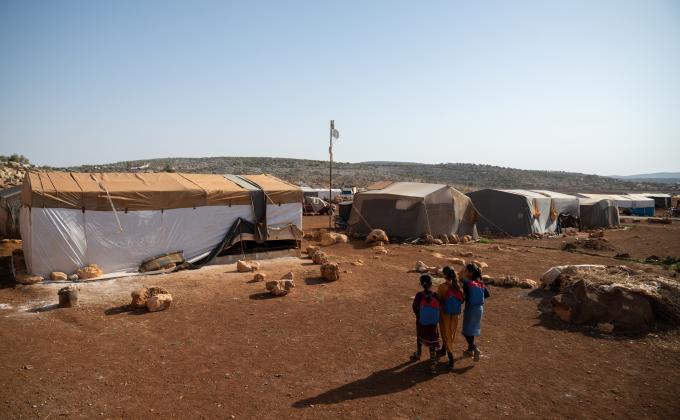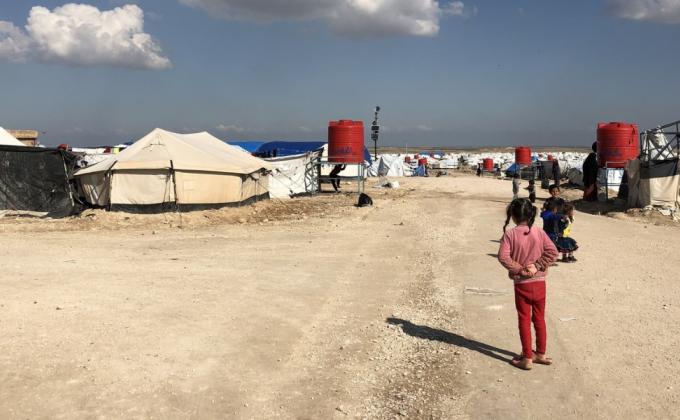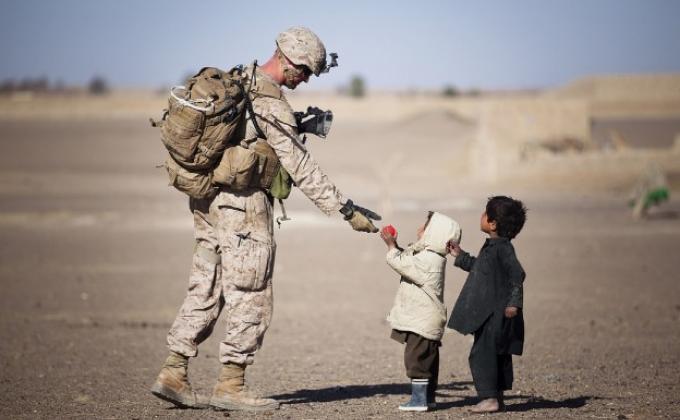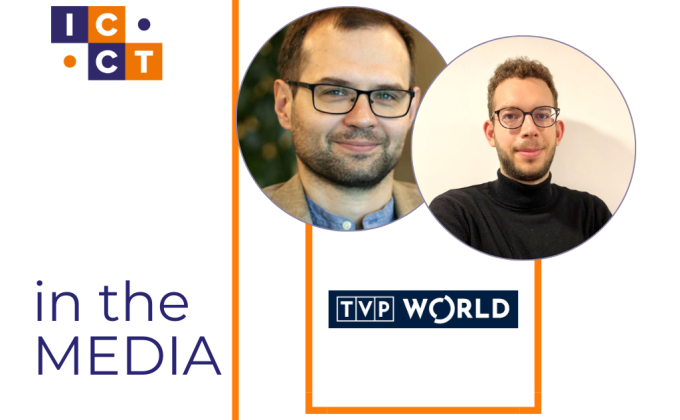The PREPARE (Promoting collaborative policies of inclusion relating to children of far right and Islamist parents in Western Europe) project aims to identify vulnerabilities and stigmas that children may face when their parents are involved in violent extremist (VE) networks, and how frontline practitioners can best address them through a collaborative approach centred on the needs of the child. It aims to support these children by supporting frontline practitioners working with these children and their families in six European countries (the Netherlands, Spain, France, Sweden, Germany and Kosovo) to develop a state-of-the-art Child Vulnerability and Intervention Tool and training modules for practitioners.
Central to the PREPARE project is ensuring that human rights, the rule of law, and children’s rights remain at the forefront throughout the development and implementation of interventions and programmes aimed at supporting children of families with links to VE. This report thus aims to provide guidance for practitioners on how to support these children through a human rights- and rule of law-compliant approach, that centres on children’s needs, well-being, and long-term prospects, and helps mitigate the risks of stigmatisation, polarisation, and discrimination.
This report starts by providing an overview of the rights of the child, as defined in the United Nations Convention on the Rights of the Child (UNCRC), including the four general principles that should inform the implementation of all other rights, as well as any decisions and interventions affecting children, namely the non-discrimination principle, the best interests of the child, the child’s inherent right to life, survival and development, and the child’s right to express their views freely. It notably aims to inform practitioners on what these rights are, to what extent children raised in families with links with VE might see some of these rights infringed upon, as well as how they should inform their work.
Finally, this report focuses on providing guidance on identified good practices to support children growing in families with links to VE, which include adopting victim-centred, individually-tailored, gender- and age- conscious approach, developing multidisciplinary and multi-actor programmes, and providing adequate training for practitioners. In addition, the report will further address some of the key challenges and practises to avoid in regards to the safeguarding the rights of children in families with links to VE. Practices to avoid notably include security-centred approaches, one-size-fits-all responses, practices causing re-traumatisation, lack of trust between children and implementers, lack of and/or inadequate training, and lack of long-term funding to ensure sustainable support for children having been exposed to VE environments.
Photocredit: Guy Basabose/Unsplash.com










